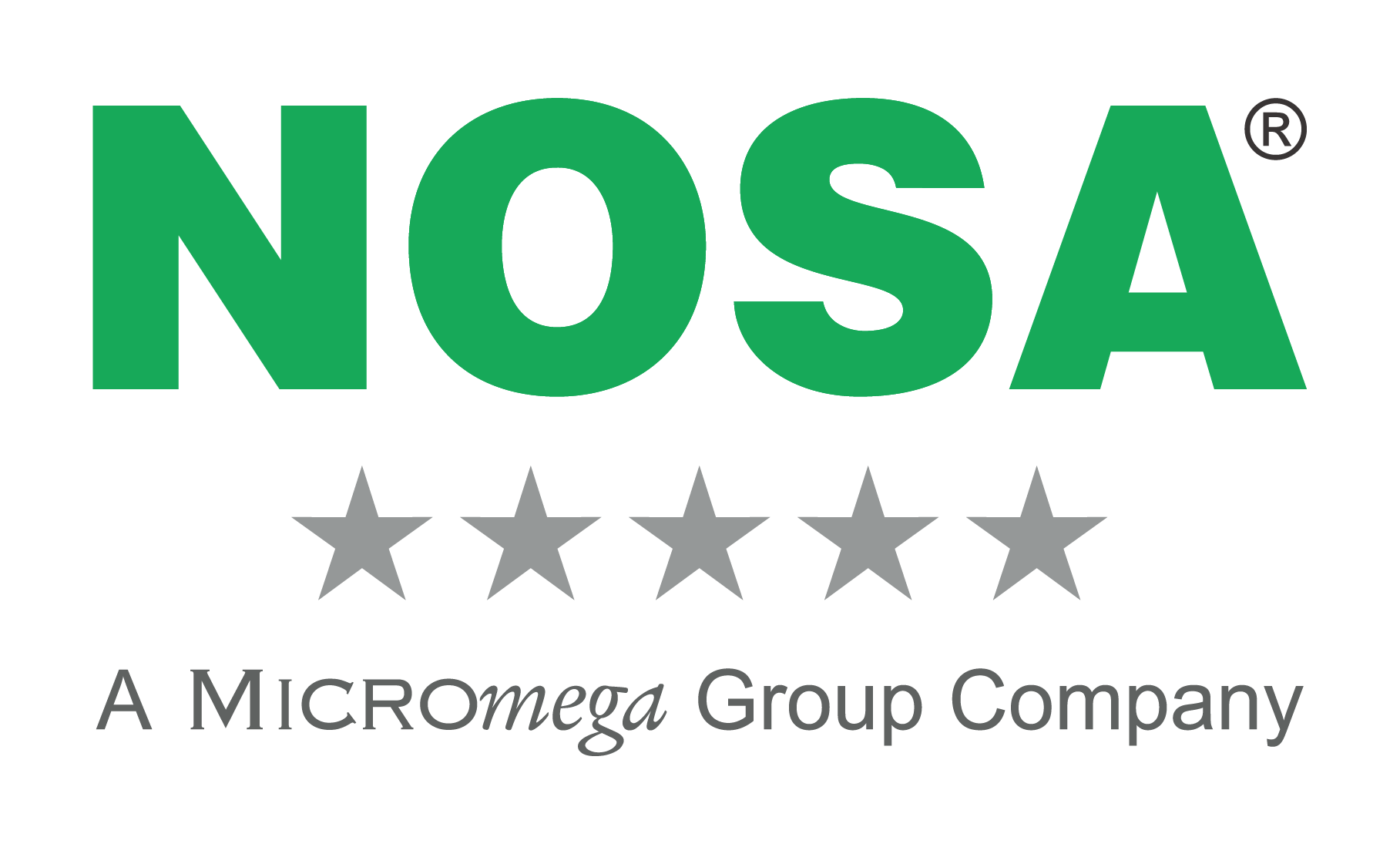
In the final part of our three-part blog series, we unpack the general prohibitions under the Occupational Health and Safety Act. By breaking these down into simple-to-understand portions, we hope we can help you and your company better understand your legal obligations.
The FIVE major general prohibitions
Prohibition #1
The Minister of Labour may declare the following in a Gazette notice:
- No employer will ask or demand that an employee (in the category specified in the notice) perform an activity/process in the workplace that the Minister has deemed unsafe. The employer will also not ask or demand an employee perform an activity/process in the workplace in a manner that deviates from the conditions the Minister has specified in the notice.
- No employer is allowed to ask an employee (outside of the conditions set out in the Minister’s notice) to perform any work on work premises, where an article or substance that is:
- produced
- processed
- used
- handled
- stored
- transported
which the Minister has deemed unsafe or unlikely to threaten the health and safety of an employee.
Prohibition #2
Before the Minister of Labour publishes a notice, she needs to communicate a draft of the proposed notice to interested parties, so they can respond with comments and representations if they choose to before the notice is published. This won’t apply if the Minister takes their representations and comments into account and amends his notice accordingly before publication.
Prohibition #3
A notice may be withdrawn or amended by another notice at any time.
Prohibition #4
No notice can be published unless the Minister for National Health and Welfare and the Advisory Council for OHS (ACOHS) have been consulted.
Prohibition #5
A notice issued under section 13 of the Machinery and OHS Act, which was in force immediately before this Act commenced, is considered to have been issued under this section.
If you found this post helpful, why not read our part one and part two of Demystifying the OHS Act?
Sources:





